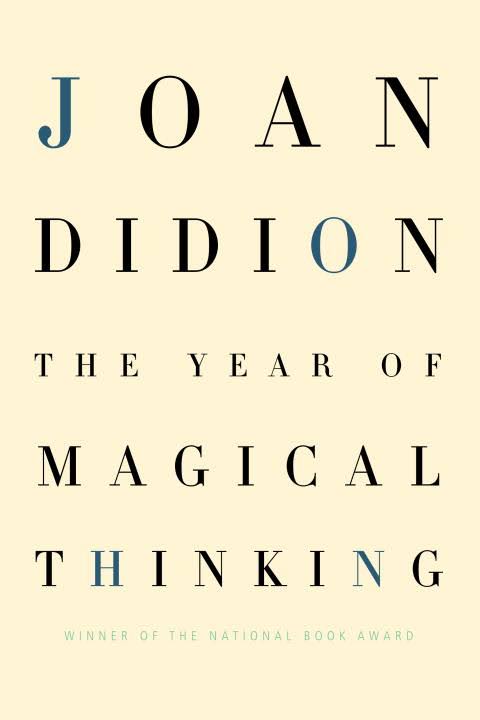Soup and Democracy
By Susan Swartz
I took a day off from the news and made soup. No NPR. No New York Times. No local paper. No TV. A lot of curry.
I took shelter from Syria and Parkland in my sunny kitchen. Had it not been for two teaspoons of neon orange turmeric I might have entirely dismissed thoughts of His Awfulness, too.
I made the soup for my book club. We call our club Foxfire, named for the title of one of our early choices, the story of a gang of teenage girls by Joyce Carol Oates. Sometimes in emails we address each other: Dear Foxies.
We take turns choosing a book and hosting each month. Tonight, we will be talking about Democracy, by Joan Didion. I expect since we are mostly of the same generation we will recall where and how young we were when we first discovered Didion. The writers in our group will say something about how we wish we could write like her. We will all likely praise Didion’s way with words and some will surely argue that Democracy, published in 1984, is not her best.
The title is ironic since no one in this novel really believes in democracy except as a way to sell American superiority to the rest of the world. Democracy is just the brand. The Americans in Democracy believe in power and money and other rich people. Didion doesn’t much care for any of them except she is somewhat sympathetic to the heroine, Inez. I doubt anyone in my book club will find any character they’d like to be friends with.
I’m pretty sure that no one in my book club would find Didion herself likeable. She’s the bony, brainy one with oversized sunglasses and unsmiling face on the back of her books. Joyce Carol Oates is also bony and brainy with big eyes. Both would be too intimidating and intellectual to invite into my living room. And Didion, who reportedly feeds largely on diet Coke and nuts, wouldn’t appreciate my soup.
My book club friends often make soup for winter meetings. Sometimes minestrone or butternut squash, last month leek and potato. Mine is lentil with curry and cardamom and cinnamon and cloves. Stir to release the fragrance says the recipe. In the crockpot it is already perfuming the house and putting the dog to sleep.
The soup has carrots and onions, winter vegetables with hard skins, tough outsides. I think of peasant women in wintry places digging into the frozen ground to find a carrot or an old potato to put into a pot to simmer all day, to fill bellies and calm the heart. Many of us had peasant ancestors and grandmothers who lived on farms and cooked what they had in the root cellar and what they had put up from the summer. Our mothers’ generation was liberated by soup in a can. They made the Campbells family billions.
The recipe says to sauté the carrots and onions in unsalted butter. I follow the recipe except for the French lentils. My grocery store has only the humble brown-green variety. There are no luxury ingredients except for maybe the coconut milk and organic chicken broth.
I’d hoped the grocery store would have had tulips to brighten the table. Imagine that, tulips in the winter. But all they had were stiff bouquets of tight-faced roses.
The news walks in with my husband. He’s storming over the man with the turmeric hair and says I need to read one of the columnists. Krugman or Brooks. I’ll read it tomorrow.
Democracy is about the geo-political military industrial corporate rulers of the world who are living the country club life in Hawaii while they orchestrate the destruction of Vietnam. Of course, the women are secondary. Bored, stuck, rich women who smoke and drink cocktails and make lousy mothers and let their servants make the soup. The women in my book club are one generation away from those in Democracy but we remember when a lot of mothers were bored and stuck.
On my refrigerator I have a newspaper photo of a string of refugees walking single file against an orange sky. It’s like Inez says in Democracy, being American does not exempt you from history.
Susan Swartz is an author, retired journalist and columnist in the Bay Area (Sebastopol, California). Her books include The Juicy Tomatoes Guide to Ripe Living After 50 (New Harbinger).
Photo credit: Steven Jackson via a Creative Commons license.


